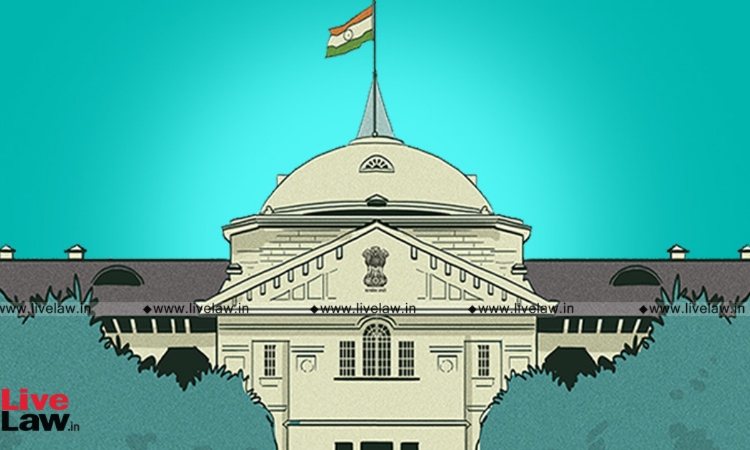UPGST | Burden To Prove Intention To Evade Tax Lies Solely On Department: Allahabad High Court
Upasna Agrawal
27 Jan 2024 5:20 PM IST

Next Story
27 Jan 2024 5:20 PM IST
On Wednesday, the Allahabad High Court held that the burden to prove intention to evade tax lies solely on the Department. The Court held penalties in tax laws should not be imposed solely on insignificant technical errors which do not have any financial consequences.The Court held that penalties should only be imposed where there is concrete evidence to show that an assesee is...
